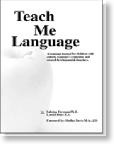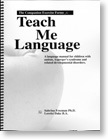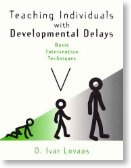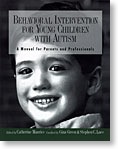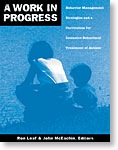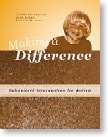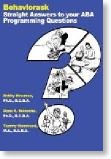scientific method
Autism Conferences: Proceed with Caution
25/05/12 09:35 Filed in: autism | Asperger's Syndrome
Some parts of the autism world appear to be exhilarated about the latest International Meeting for Autism Research (IMFAR) conference in Toronto, where researchers from all over the world presented their findings at the May meeting. In the past, scientists would get together to lecture on ideas and present preliminary results. Every participant understood, though, that one’s presentation is given before all scientific peers have had a chance to closely scrutinize the findings. The rubber meets the road only after blind reviewers in the field have scrutinized the proposed article.
At the recent IMFAR conference, we apparently now have people with Asperger’s syndrome and parents joining in the “festivities.” Based on the amount of hoopla generated by this conference, it appears as though the fundamental precept regarding how science progresses has been lost on many participants at the conference.
We need to understand that there can be no short cuts when it comes to the scientific method. Circumventing the process of science helps purveyors of quackery and hurts people with autism in the long run. As difficult as may be, we need to be patient and let reputable scientists do their job.
It’s fine to have some fun at an IMFAR conference, but remember, until findings are published in a peer-reviewed journal and clinical trials have been completed, the purported “findings” from an event like the International Meeting for Autism Research, are merely preliminary, at best. Proceed with caution.
At the recent IMFAR conference, we apparently now have people with Asperger’s syndrome and parents joining in the “festivities.” Based on the amount of hoopla generated by this conference, it appears as though the fundamental precept regarding how science progresses has been lost on many participants at the conference.
We need to understand that there can be no short cuts when it comes to the scientific method. Circumventing the process of science helps purveyors of quackery and hurts people with autism in the long run. As difficult as may be, we need to be patient and let reputable scientists do their job.
It’s fine to have some fun at an IMFAR conference, but remember, until findings are published in a peer-reviewed journal and clinical trials have been completed, the purported “findings” from an event like the International Meeting for Autism Research, are merely preliminary, at best. Proceed with caution.


